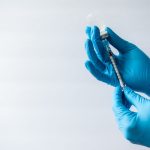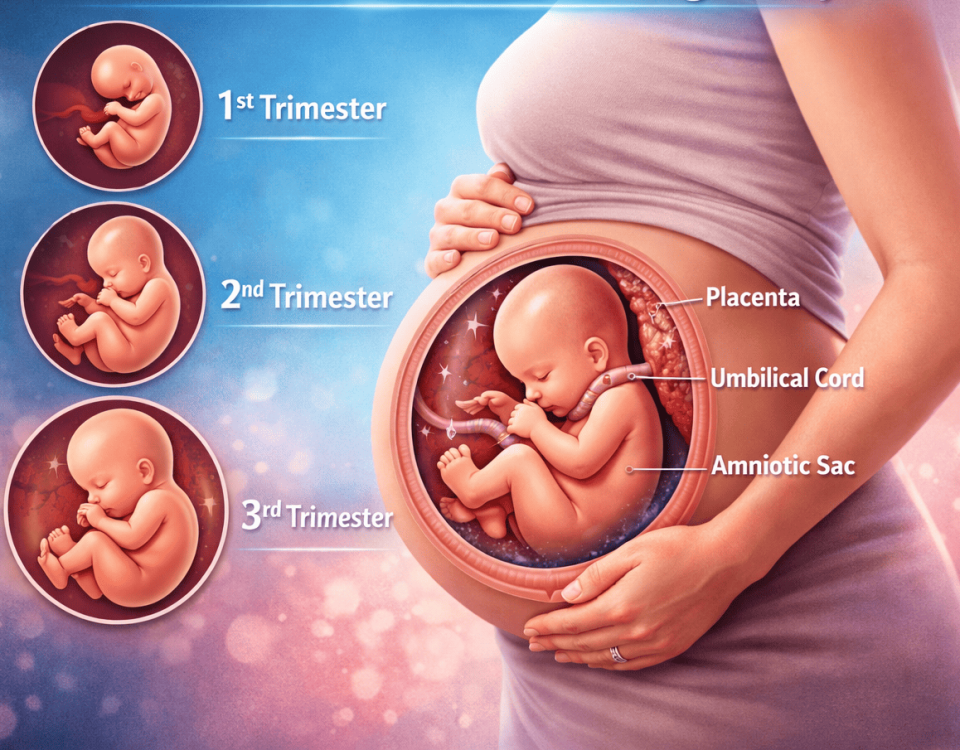
Stem Cell Transplantation for Sickle Cell Disorder

Pentazocine Addiction
January 17, 2022What is Sickle Cell Disorder?
Sickle Cell Disorder is the most common genetic disorder in the world. Of the different sickle cell disorders. Sickle Cell Anaemia is the commonest and most severe form. People with sickle cell anaemia have a problem with their red blood cells, such that the cells become deformed (becoming sickle-like) when there is reduced oxygen in the blood or when there is dehydration. These sickled cells break down easily leading to anaemia or shortage of blood.
Treatment
The treatment of the disorder involves the use of modifying agents like analgesics, multivitamins, antibiotics and vaccines to prevent infection, antimalarials and hydroxyurea. Persons with the disorder are also counseled to drink plenty of water, to avoid extreme heat or cold, avoid overly-exerting physical exercise and to visit their doctor regularly: The goal of treatment is to help persons with the disorder liv, normal, productive, pain-free lives.
Cure
The cure of sickle cell disorder that we have today is Stem Cell Transplantation.
What is Stem Cell Transplantation?
Stem cells may be regarded as the body's "raw materials" — cells from which all other specialized cells are generated; thus red blood cells can be generated from stem cells.
Stem Cell Transplantation for Sickle Cell Disorder is the transfer of blood-forming stem cells from someone who does not have the disorder to replace the bone marrow of an affected individual. Eventually, the bone marrow of the affected person begins to produce normal red blood cells.
Sources of Stem Cells
- Bone marrow (this is considered the best source).
- Peripheral blood stem cells
- Umbilical Cord Blood
Not everybody is eligible for transplant!
It is important to understand that not all individuals with sickle cell disorder qualify for a transplant. Transplantation is a process with a lot of risks including disability and death. It is reserved for those with severe disease or those whose quality of life is very poor as a result of sickle cell anaemia. Examples of those qualified for transplant are:
- Those with previous stroke
- Recurrent acute chest syndrome
- Recalcitrant leg ulcers
- Cardiac or renal involvement
- Repeated hospital admissions for bone pain not responding to hydroxyurea etc.
Process of a Transplant
- Establishing the indication for the transplant: The indication for the transplant is established by the transplant team.
- Assessment of the individual by the transplant
- Important considerations are age, sex, blood group, CMV status, ABO blood group and medical fitness.
- Blood samples are sent for viral screening and HLA typing (HLA typing is the process of determining the DONOR who is the best fit for the transplant).
- If no family member is identified, donor registries are contacted for a fee.
- Preliminary radiologic and support investigations are done for the individual.
- The stem cell source is determined. Bone marrow is the best source for transplant.
- The protocols are discussed with the intending patient.
- A second round of counseling is undertaken with a tour of the transplant unit. Previous failed and successful patients are also introduced to the potential patient.
- The patient is brought to the unit and the transplant
Complications of Transplant
- Infections
- Graft versus host disease
- Sinusoidal obstruction syndrome
- Posterior reversible encephalopathy syndrome (PRES)
- Lung problems
- Cerebral damage leading to paralysis
- Endocrine problems
Post-Transplant Clinic
This is an important aspect of transplant care. It is imperative that persons who have had Stem Cell Transplantation done attend a knowledgeable, Post-Transplant Clinic. Potential problems that may lead to loss of graft are easily identified and sorted out at the Post-Transplant Clinic. The patients are encouraged to attend clinics until all immunizations are completed. This will be by 1 8months post-transplant.
See also






